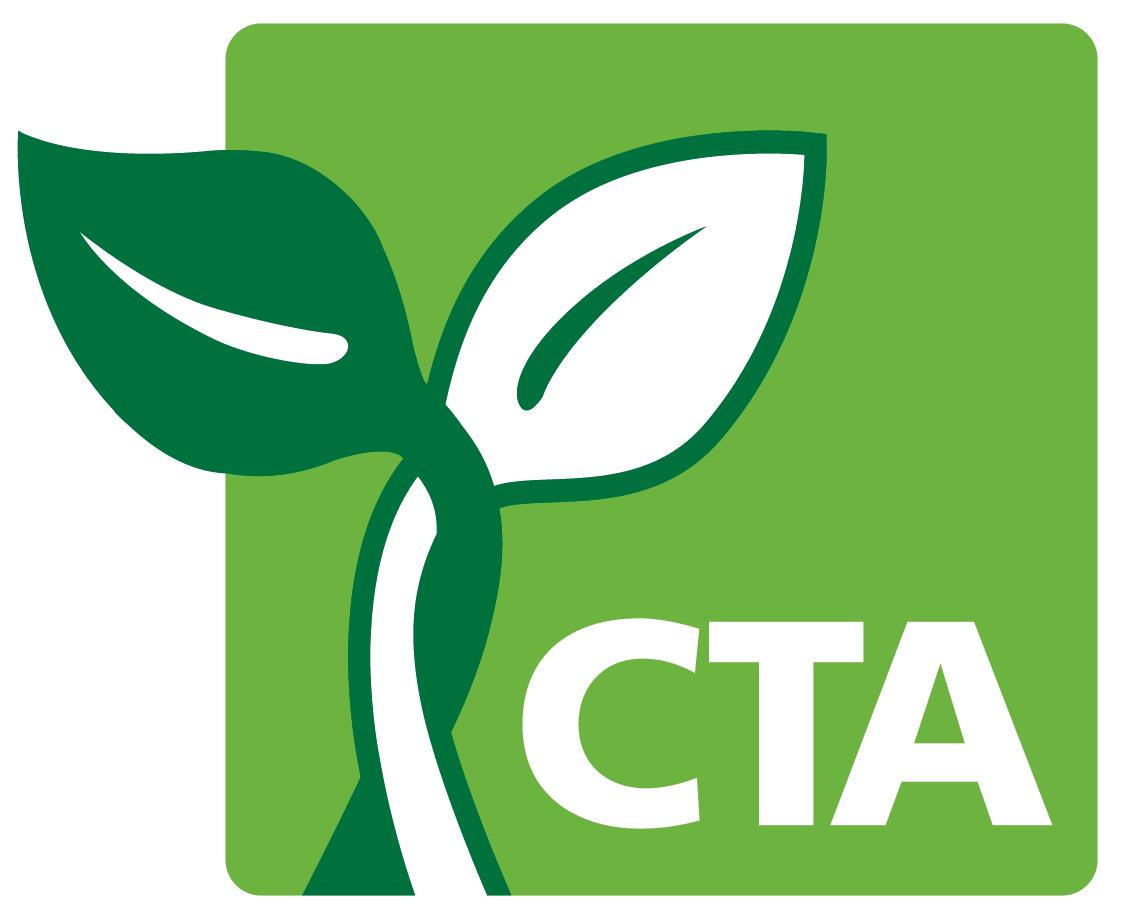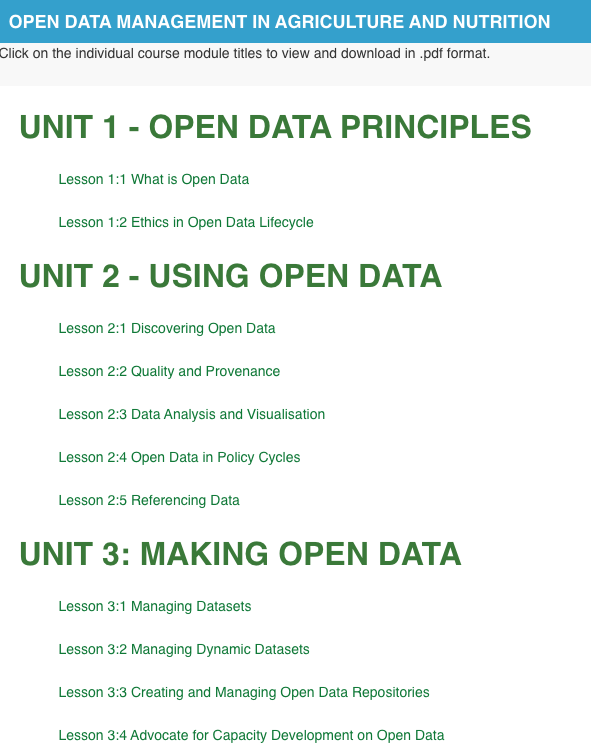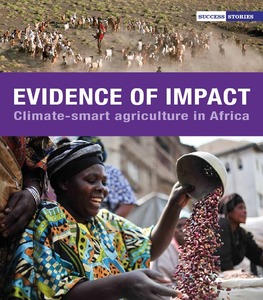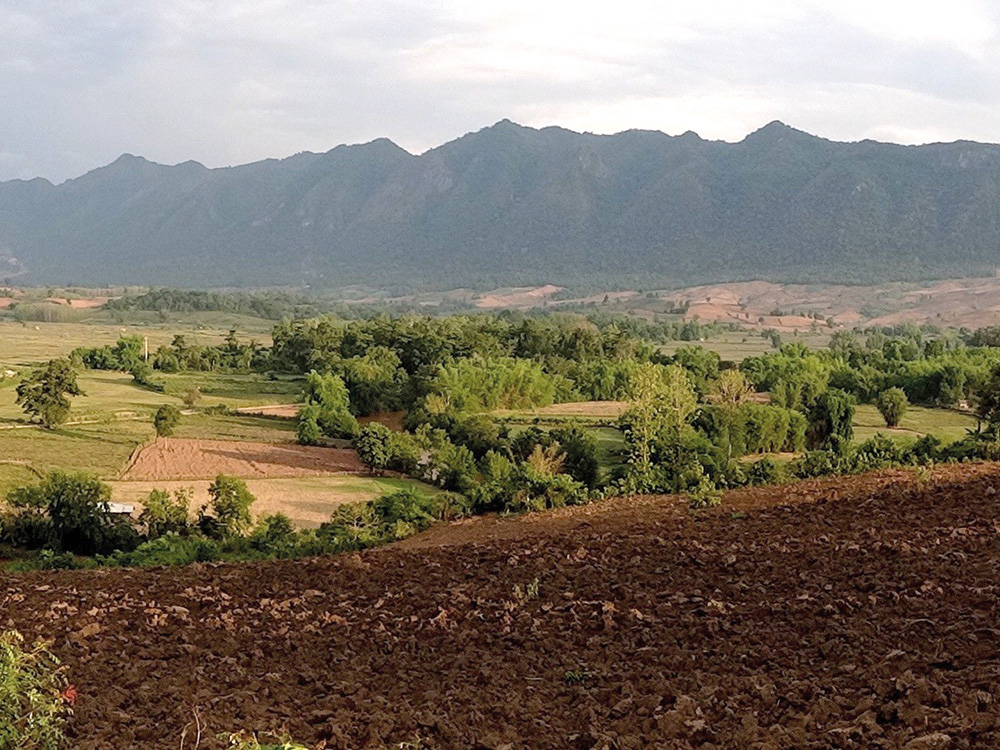Focal point
Location
The Technical Centre for Agricultural and Rural Cooperation (CTA) is an ACP-EU institution working in the field of information for development. We operate under the ACP-EU Cotonou Agreement and our headquarters are in The Netherlands. When it was set up, in 1984, CTA was given the challenging task of improving the flow of information among stakeholders in agricultural and rural development in African, Caribbean and Pacific (ACP) countries.
Our work focuses on three key areas:
- providing information products and services (e.g., publications, question-and-answer services and database services);
- promoting the integrated use of communication channels, old and new, to improve the flow of information (e.g., e-communities, web portals, seminars, and study visits);
- building ACP capacity in information and communication management (ICM), mainly through training and partnerships with ACP bodies.
At the core of all our activities are our partnerships with ACP national and regional bodies. We also work with a wide network of ACP-EU public and private sector bodies, as well as international organisations around the world.
Our overall aim – to better serve the ever-changing information needs of all stakeholders in ACP agricultural and rural development. Through our partners we are working with these stakeholders to achieve the goal shared by the whole development community – poverty alleviation and sustainable development.
Members:
Resources
Displaying 6 - 10 of 161Open Data Management in Agriculture and Nutrition Course
This free Massive Open Online Course (MOOC) on Open Data Management in Agriculture and Nutrition was first created in 2016. The course was delivered 5 times between November 2017 and November 2018, reaching over 5000 people globally, before being made available for unrestricted use
Evidence of impact: Climate-smart agriculture in Africa
Agriculture across Africa must undergo a significant transformation to meet the multiple challenges of climate change, food insecurity, malnutrition, poverty and environmental degradation. The case studies described here are just some of the climate-smart agricultural practices that already exist in Africa. This publication aims to inspire farmers, researchers, business leaders, policy makers and
NGOs to take up the mantle of climate-smart agriculture and accelerate the transformation of Africa’s agriculture into a more sustainable and profitable sector.
Modern ICTs and rural extension: Have we reached the tipping point?
Today, it would be difficult to imagine agricultural extension without modern information and communication technologies. What they can do, where they fit in, and where they reach their limits is shown in the following examples.
Cadre stratégique pour le pastoralisme en Afrique : Sécuriser, protéger et améliorer les vies, les moyens de subsistance et les droits des communautés pastorales
La Politique cadre pour le pastoralisme en Afrique, présentée dans ce rapport, est la première initiative de politique à l’échelle d’un continent ayant pour but de sécuriser, protéger et améliorer la vie des pasteurs africains. Les pasteurs effectuent des contributions cruciales – mais souvent sous-estimées – aux économies africaines, grâce à leurs systèmes de production, leur culture, ainsi que leurs ressources animales et végétales. Pourtant, les indicateurs de développement humain et de sécurité alimentaire dans de nombreuses zones pastorales sont parmi les plus bas du continent.
Moving herds, moving markets: Making markets work for African pastoralists
Drawing on 15 cases from nine countries this books offers some solutions to the huge challenges pastoralists encounter in trying to sell what they produce. With liberal use of tables, diagrams and illustrations, it documents impacts, good practices and lessons in the marketing of pastoralist livestock and livestock products. It depicts the problems faced by pastoralists, and shows in practical terms how governments, development projects, the private sector and pastoralists themselves can deal with these issues.





